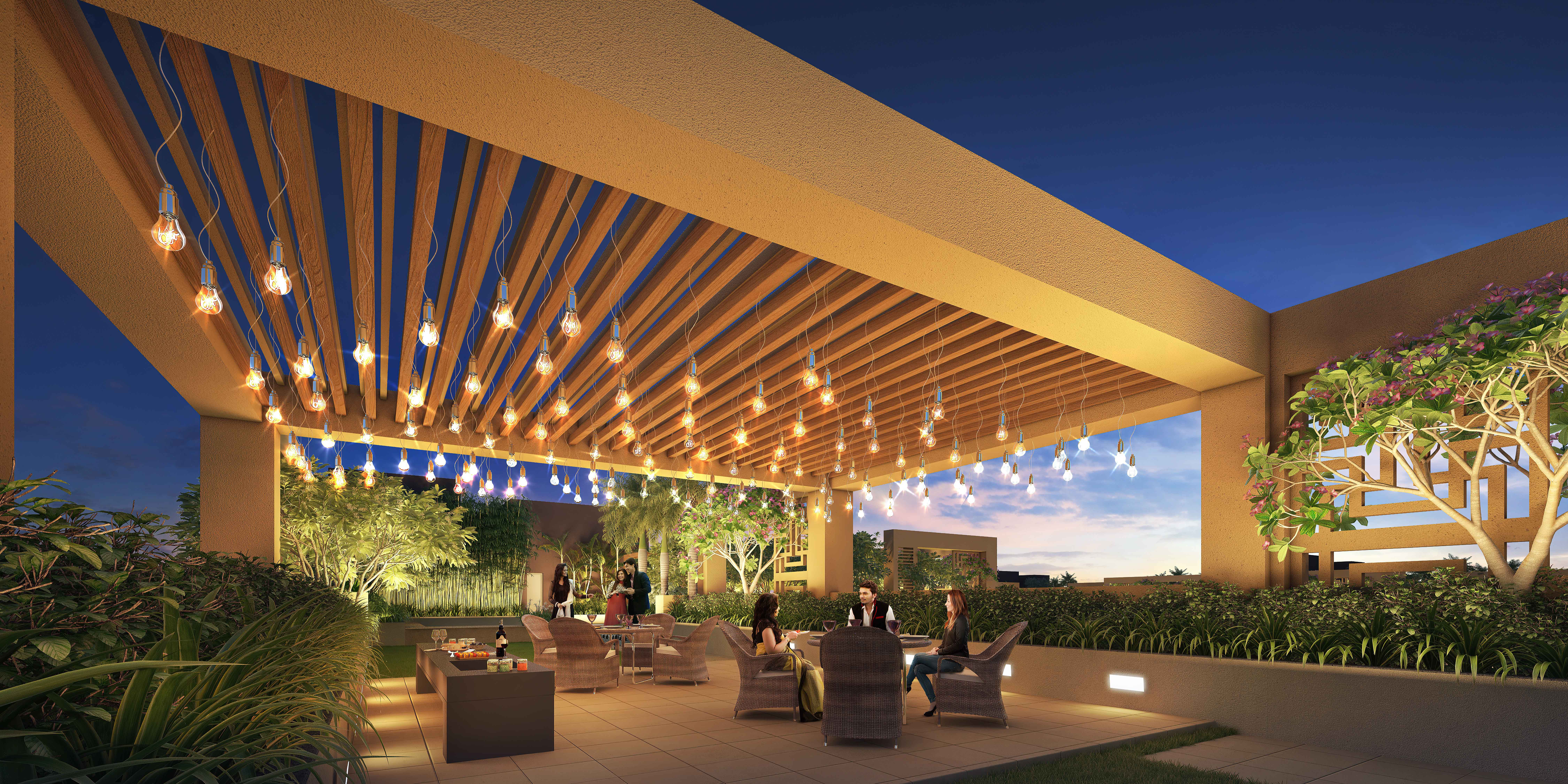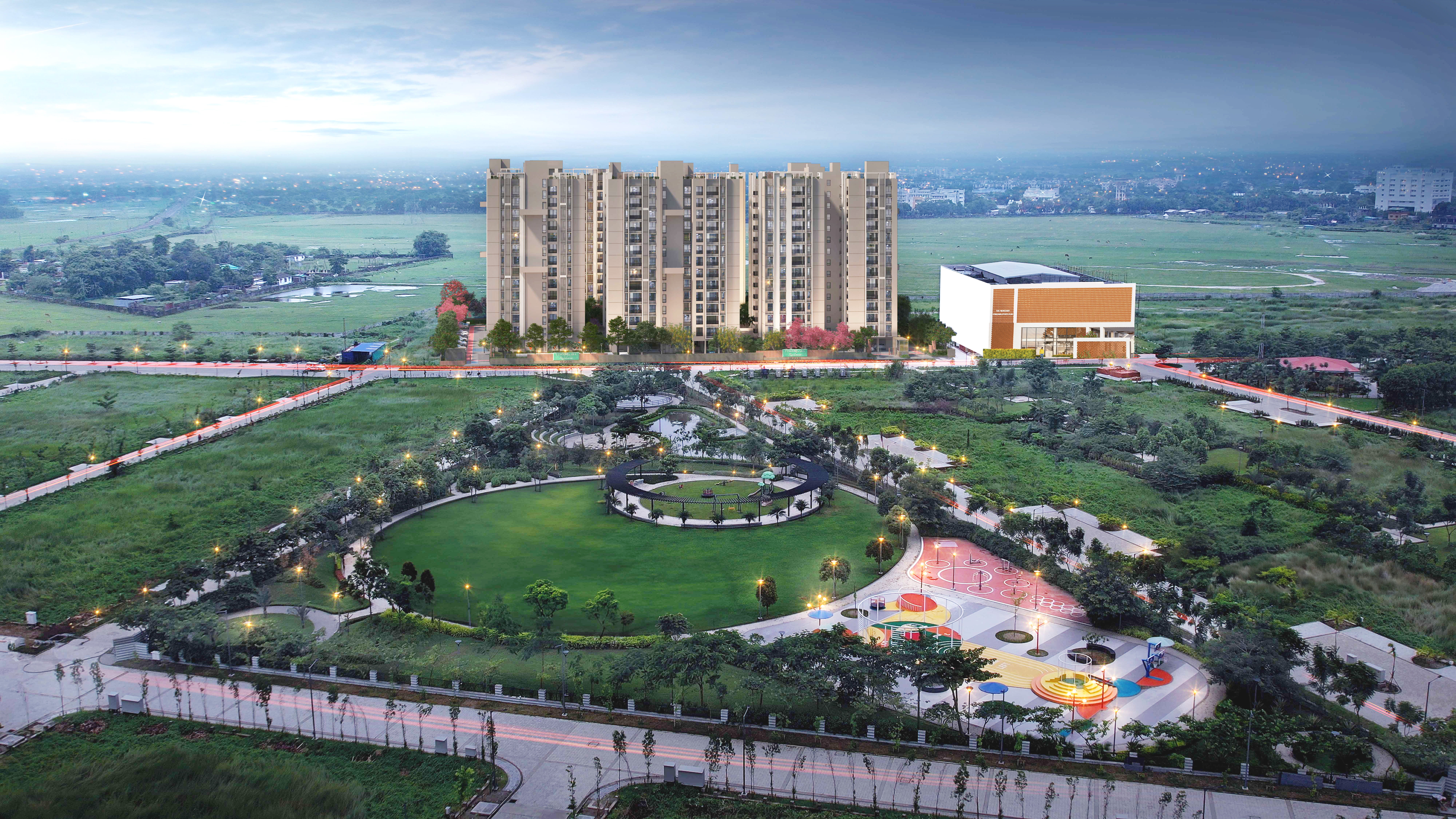
How Convergence of Technology and Sustainability in Real Estate is Going to Benefit You
Worldwide, there’s a lot of buzz around sustainability. More so in real estate, where every construction process comes with the challenge of minimising any adverse impact on the environment. And here comes the role of technology, its convergence with sustainability at the core, to create a balance between the natural environment and built spaces.
Let us look at the benefits, and find out why we need to embrace such a convergence, and how the world plans to go about it. But before that, we take a moment to ask:
What is sustainability, and what does it have to do with real estate?
According to the oft-quoted Brundtland Commission of the United Nations: “Sustainable development is a development that meets the needs of the present without compromising the ability of future generations to meet their own needs.”
In short, if we exhaust and destroy our current resources, we won’t get them in future. Think clean air and water, fuel, fertile soil, flora and fauna, and everything else we perceive as gifts from Mother Nature.
When man builds a house or any other structure, he essentially starts consuming a lot of natural resources. Also, it involves increased greenhouse gas (GHG) emissions and carbon footprint, and immense energy consumption. It not only poses a threat to a secure future but also proves costly in the present time.
Hence, we need to build responsibly, so as to keep such disruptions to the minimum. And technology is a perfect enabler in this regard.
How can technology help our goals of sustainability?
The primary sustainability goals for the realty industry are:
- To reduce energy consumption and GHG emissions
- Achieving a net-zero future in terms of emissions, water, soil, et al
- To reduce overall carbon footprint
Use of the right technology to achieve these goals is a must for any developer or builder.
The question is: How?
- It is said that “what cannot be measured, cannot be controlled”. Hence, with the help of Internet of Things (IoT) and using artificial intelligence along with cloud computing and other latest technical innovations, a proper monitoring and data collection system can be put in place to get a thorough understanding of ‘how much’ and ‘in what ways’ a particular project is consuming energy and other natural resources.
- For instance, sensor networks and applied software programmes can fetch us the exact data on the quantity of water used in a residential building, the timing of consumption, the usage pattern, etc. Thus, planning an efficient water management system will become easier and more effective.
Such resource management systems can also function much better when technology steps in.
- The AI (artificial intelligence) component is a game-changer in this regard. While traditionally we have had Green Buildings, where the construction involved use of eco-friendly local materials, as well as adequate measures to reduce the consumption of energy and water, the BMS (building management system) took care of the operations and daily functioning so as to restrict emissions and over consumption.
- With the convergence of these two spheres through cutting-edge technology like AI and machine learning, these “bright green buildings” will now be able to have all these components including the BMS monitoring to work in sync, automatically setting the conditions for a net-zero building.
- Technology can help in creating designs that allow maximum natural light in the interior spaces, thereby minimising the need for electric lighting.
- Air-conditioning systems add to the GHG emissions. Hence, at the design level, if a space could be designed so as to minimise direct heat while augmenting free flow of air and ventilation, much energy could be saved. Technology is what makes this possible.
- Water recycling and rainwater harvesting, along with redistribution of used water in a mixed development space can prevent a lot of wastage, only if the right technology is incorporated at the planning and project levels.
How do you benefit?
- Needless to say, when you live responsibly, you ensure a better future for yourself.
- At the same time, adapting to a sustainable way of life means less consumption of energy, which in turn means less expenditure.
- Mother Nature nurtures you when you live in sync with her. A home, an office space, a hospital, a shopping mall, and all other built spaces that’s part of your world directly or indirectly impact your health – both physical and emotional. Technology-enabled sustainability helps keep you healthy, wealthy and happy!
Finally, by embracing the convergence of technology and sustainability, you also create a cleaner, safer and greener world for your children, your future generations to thrive in. That’s the legacy you leave behind — your kind and thoughtful footsteps for your children to follow.
Corporate





